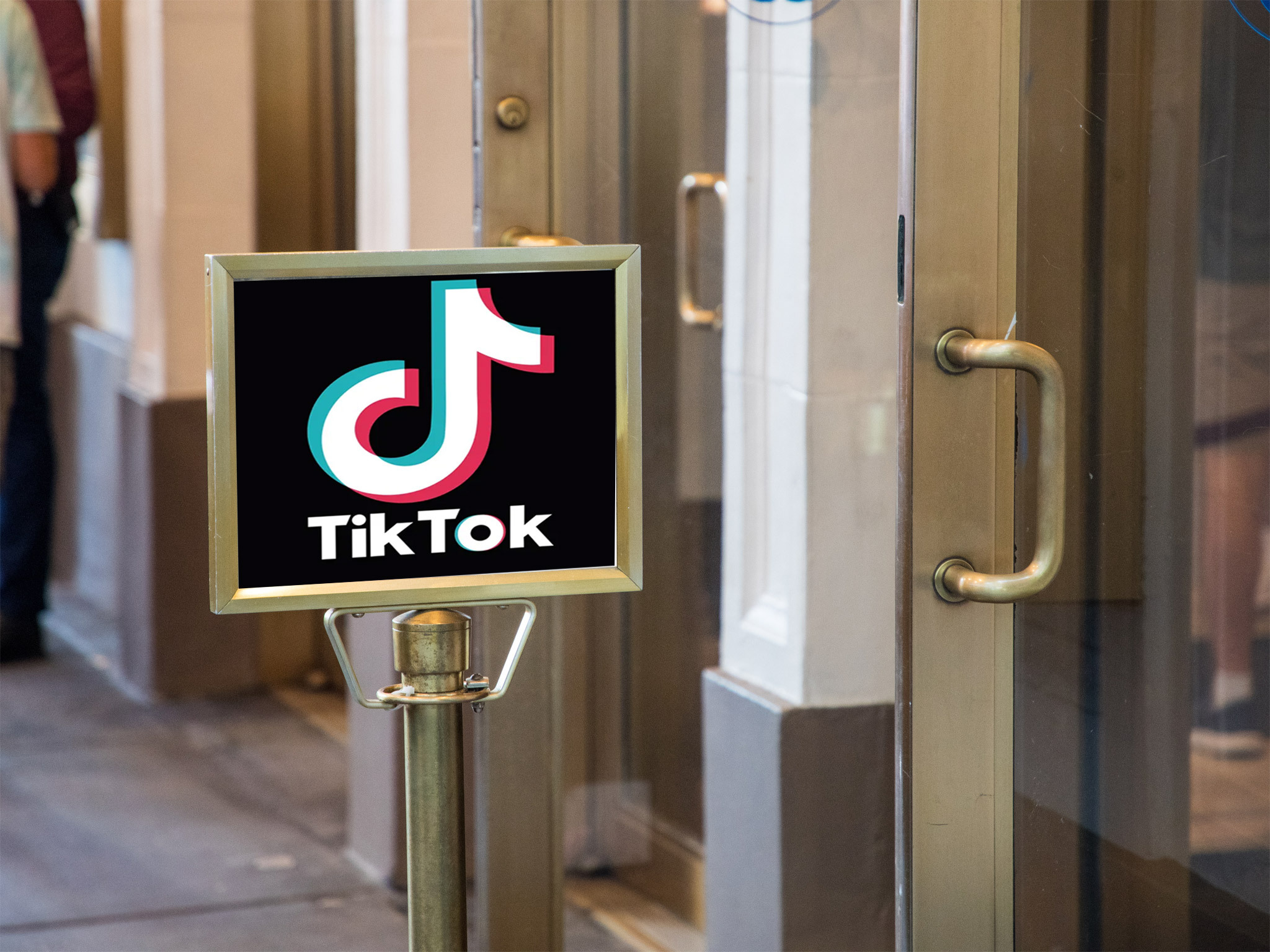Ticketmaster: Your Guide to the Pros and Cons of the Concert Ticketing Giant
Prepare to enter the realm of Ticketmaster, the colossus of the concert ticket industry. This titan has shaped the way we purchase tickets for live events, leaving a trail of both satisfied and disgruntled customers. Join us as we delve into the world of Ticketmaster, exploring its inner workings, controversies, and the growing trend of fan-to-fan resale.
Ticketmaster: The Middleman of the Music Industry
Ticketmaster is a dominant force in the concert ticketing market, acting as an intermediary between event organizers and music enthusiasts. It operates a vast network of websites and physical ticket outlets, offering a comprehensive selection of tickets for concerts, festivals, and other live performances.
By leveraging its vast reach, Ticketmaster has become a ubiquitous presence in the music industry. Its partnerships with major venues and artists give it exclusive access to a wide array of tickets. Whether you're a seasoned concert-goer or a first-time attendee, chances are you've encountered Ticketmaster in your quest for live music experiences.
Controversy and Competition: The Darker Side of Ticketmaster's Reign
Ticketmaster's dominance has not come without its share of controversy. Critics have accused the company of anti-competitive practices, high service fees, and questionable ticket allocation policies. Anti-trust lawsuits and investigations have been launched, alleging that Ticketmaster's monopoly stifles competition and drives up prices for consumers.
In response to the criticisms, Ticketmaster has taken steps to address concerns. It implemented a "Verified Fan" program to combat scalping and ensure tickets reach genuine fans. However, the effectiveness of these measures remains a subject of debate. The company also faces increasing competition from alternative ticketing platforms, such as AXS and SeatGeek, who offer lower fees and more fan-friendly policies.
The Rise of Fan-to-Fan Resale: Empowering the Fans
The advent of online marketplaces has given rise to a thriving secondary market for concert tickets. Fan-to-fan resale platforms, such as StubHub and Vivid Seats, allow ticketholders to sell their tickets to other fans at a negotiated price.
This trend has empowered fans by providing them with more options and control over their ticket purchases. Resale platforms offer flexibility, allowing fans to find tickets for sold-out shows or secure better seats. They also provide opportunities for fans to recoup costs or even profit if they are unable to attend an event.
Ticketmaster: A Balancing Act of Power and Customer Satisfaction
Ticketmaster finds itself at a crossroads, facing scrutiny from consumers and regulators while navigating the ever-evolving landscape of the live entertainment industry. The company's dominance has brought both benefits and drawbacks, and its future trajectory remains uncertain.
As the music industry continues to adapt, it remains to be seen whether Ticketmaster will maintain its market share or be replaced by more innovative and fan-centric ticketing solutions. The future of the concert ticket market is in the hands of both the industry giants and the passionate fans who drive it forward.
FAQs About Ticketmaster
Q: Is Ticketmaster a monopoly?
While Ticketmaster holds a significant market share, it is not a complete monopoly. Alternative ticketing platforms, such as AXS and SeatGeek, offer competition and provide consumers with additional options.
Q: What are the common complaints about Ticketmaster?
Critics have cited high service fees, poor customer support, and questionable ticket allocation policies as common complaints against Ticketmaster.
Q: What alternatives are there to Ticketmaster?
Alternative ticketing platforms, such as AXS, SeatGeek, and Vivid Seats, offer lower fees and more fan-friendly policies. Fan-to-fan resale marketplaces, such as StubHub and Vivid Seats, also provide options for ticket purchases.
Conclusion: Ticketmaster and the Future of Concert Ticketing
The future of concert ticketing is uncertain, but it is clear that the industry is in a state of flux. Ticketmaster faces scrutiny and competition, while fans demand more transparency and flexibility. The rise of fan-to-fan resale empowers fans but also raises questions about the role of intermediaries.
Will Ticketmaster continue to dominate the market, or will more innovative and customer-centric solutions emerge? Time will tell, but one thing is for sure: the concert ticketing industry is far from reaching its final encore.
| Feature | Ticketmaster | Alternative Platforms | Fan-to-Fan Resale |
|---|---|---|---|
| Market Share | Significant, but not a monopoly | Growing, but still smaller | Varies depending on event and platform |
| Fees | High | Lower | Negotiated between buyers and sellers |
| Transparency | Questionable ticket allocation policies | More transparent, but still room for improvement | Varies depending on platform and seller |
| Customer Support | Poor, according to customer reviews | Better, but not always consistent | Varies depending on platform and seller |
| Fan-to-Fan Resale | Not offered directly | Offered through partnerships or integrations | Core business model |




